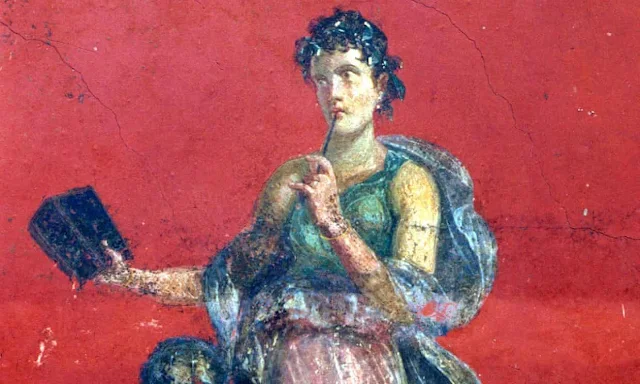
I'll be glad
when I've written my last poem and I can put this behind me
Stephen Morrissey
I've
been writing poems since I was fifteen years old, over a half century of
writing. Writing poems was never a choice or a decision, it was a calling. Where
does the "call" come from? It comes from the soul.
----------------------
The
"call" to poetry came to me in a dream that told me to write down
what had happened in my life or my life would be forgotten; waking after the
dream I knew that to forget meant to lose my inner being. It is not just writing
poetry that was a part of the call, it was also writing a journal and I began
page one of my journal on January 14th, 1965; a few months later I began
writing poems. Writing my journal and writing poems was a gift to me from the
unconscious mind, it began with the dream.
----------------------
First
you write the single poem and then a lot of poems, and then you gather these
poems into a book, and then you have several books and that is one's body of
work. If this is your calling then what you are doing is fulfilling your
destiny.
----------------------
My
poetry is concerned with soul making and it is also soul making itself; soul
making is concerned with realizing one's potential as a person, with expressing
the deeper meaning of one's life.
----------------------
The
unconscious mind has a proclivity to wholeness. Whether in dreams or day dreams
or writing poems or other forms of artistic creativity, we are driven to
wholeness. That is the basis of my writing, when I speak of soul making I am
also referring to wholeness, life affirmation, and healthy-mindedness.
----------------------
I
write poems because writing has been a calling for me and one ignores a calling
at risk to one's integrity as a human being. You can ignore many things and not
damage your inner being but you can't ignore a calling; ignoring a calling is
like having a limb amputated; no, it's worse than that, it's like amputating
one of one's own limbs.
----------------------
I've
been fairly passive in life but that may be because I am also introverted. It
may also be because I knew all along what I wanted to do in life, and that was
to write poems. Whatever poems I've written have been the result of having to
write them; indeed, I had no choice but to write. I have been driven to write,
but what drove me? What drove me was the urgency of finding meaning and
wholeness in my life, of affirming life.
----------------------
Writing
poems is what I've done with my life. It wasn't my choice since writing poems
was a calling. It came to me, not me to it, and if the writing ended this
afternoon I wouldn't care. Now I welcome my final years. I've been along for
the journey, not in the driver's seat. I've been an observer and not much of an
organizer or initiator of events. But I'm getting old and need a rest. In
truth, I'll be glad when I've written my last poem and I can put this behind
me.


